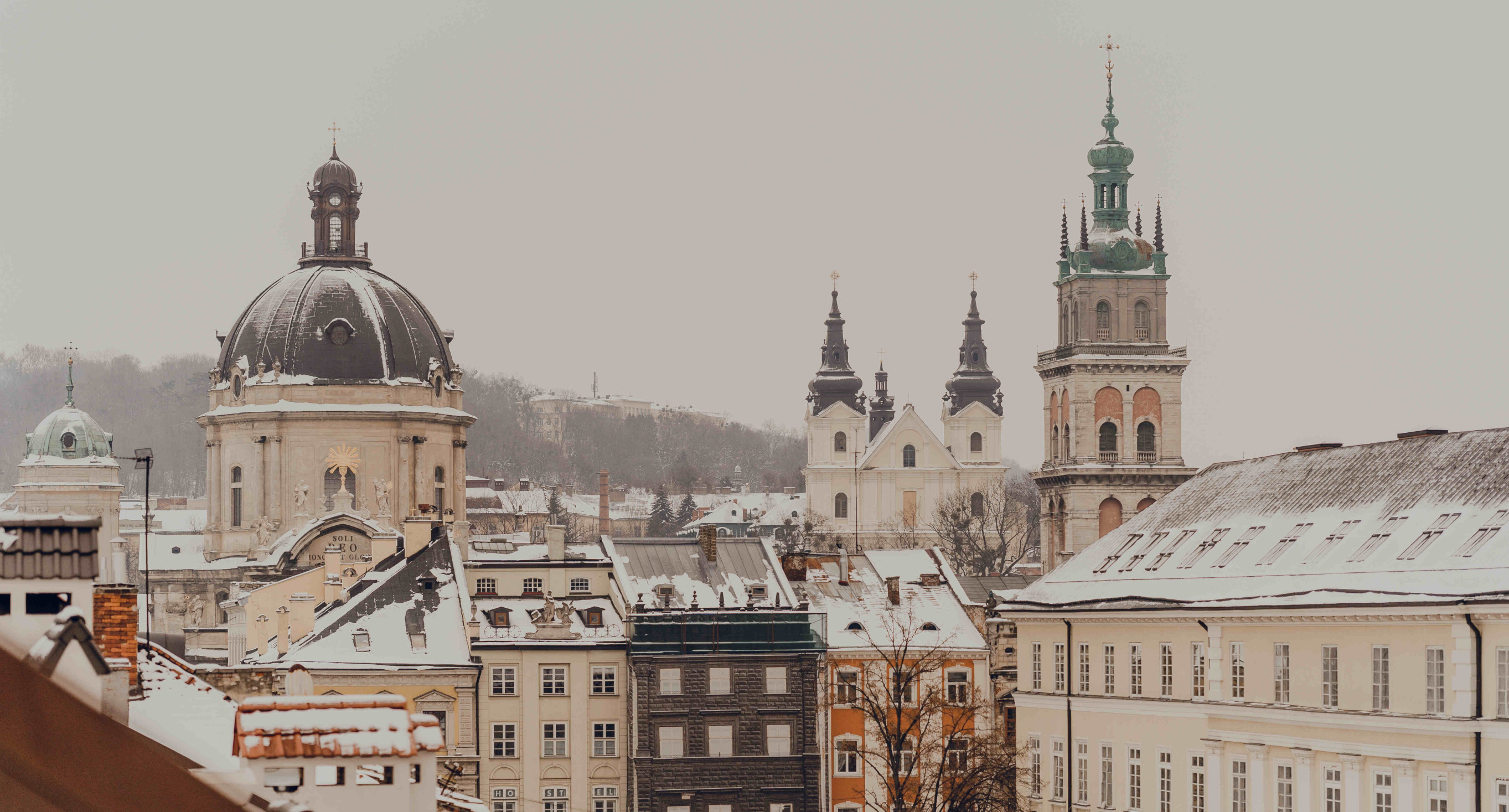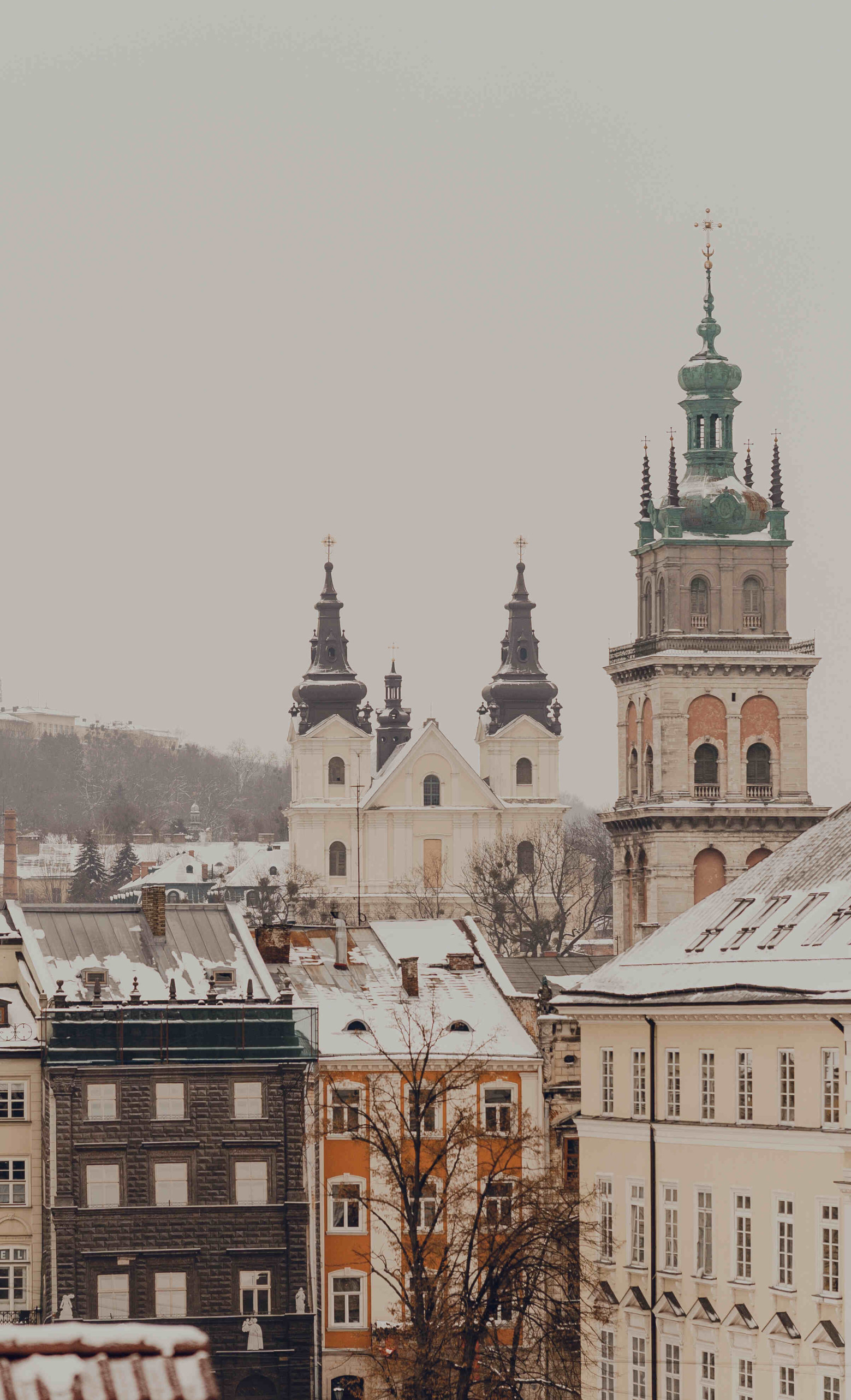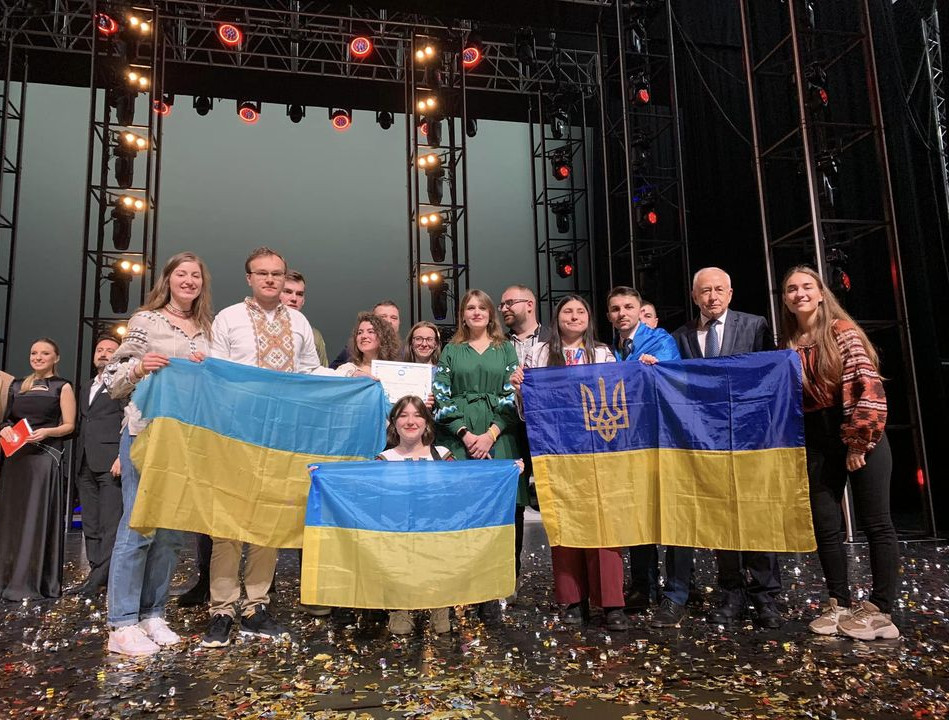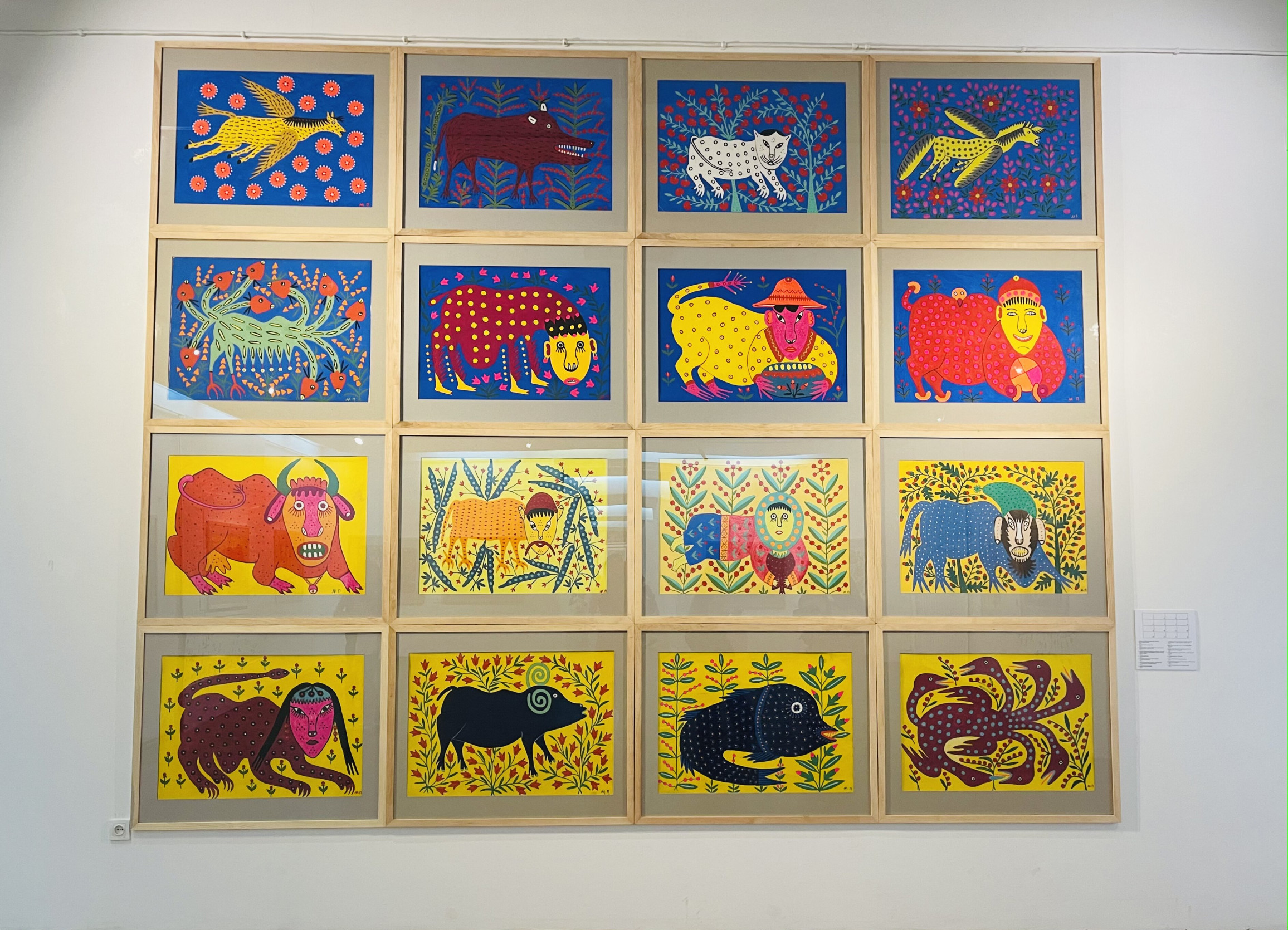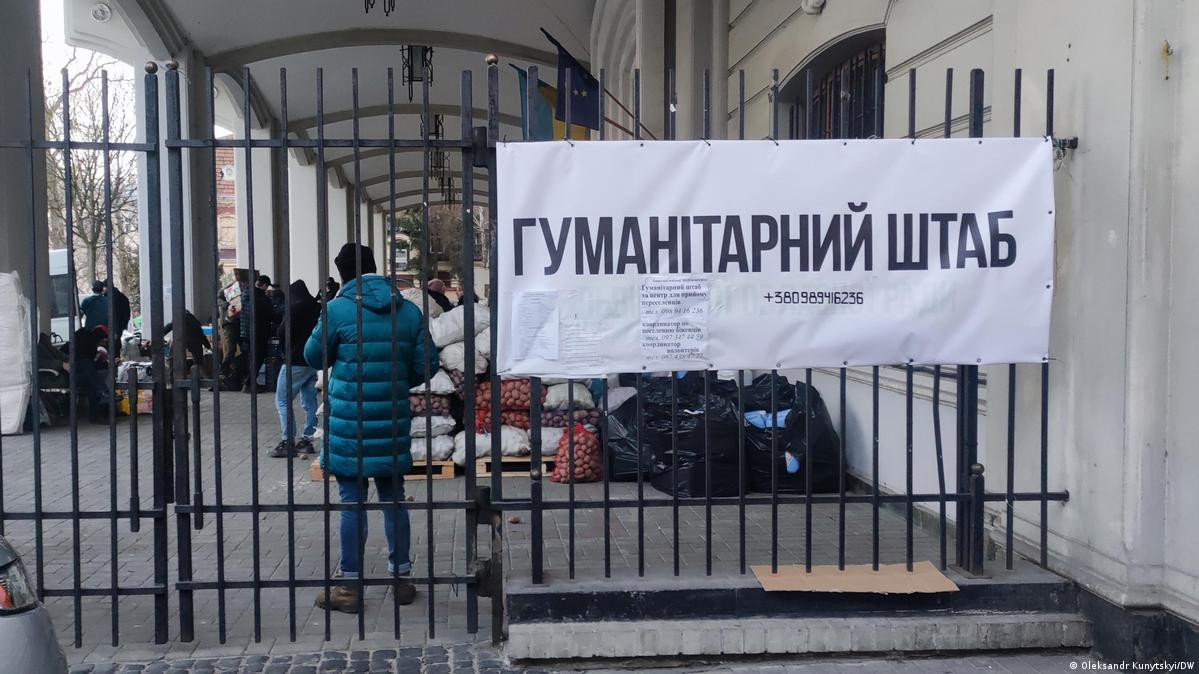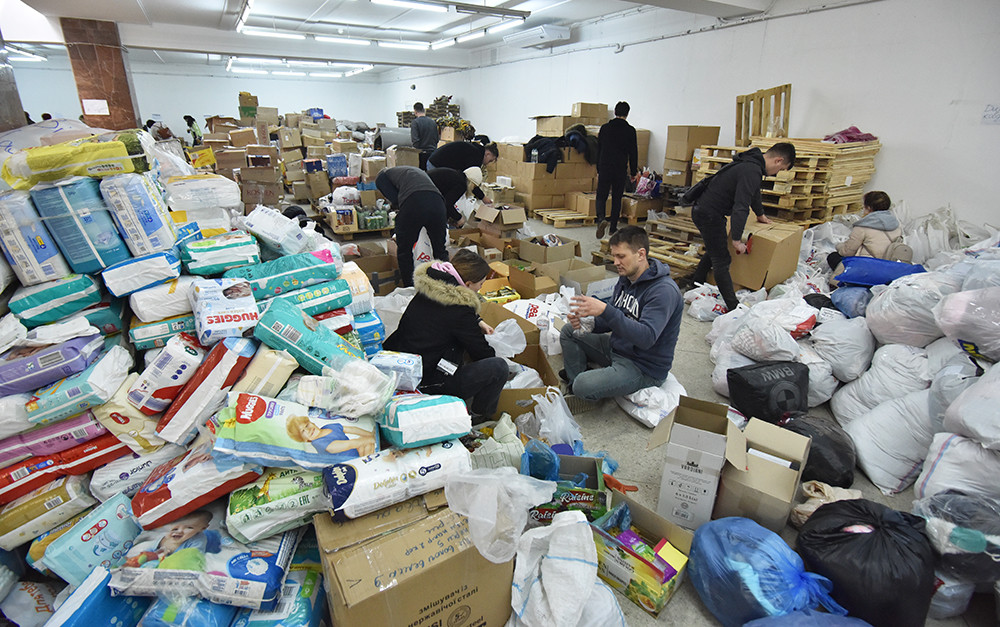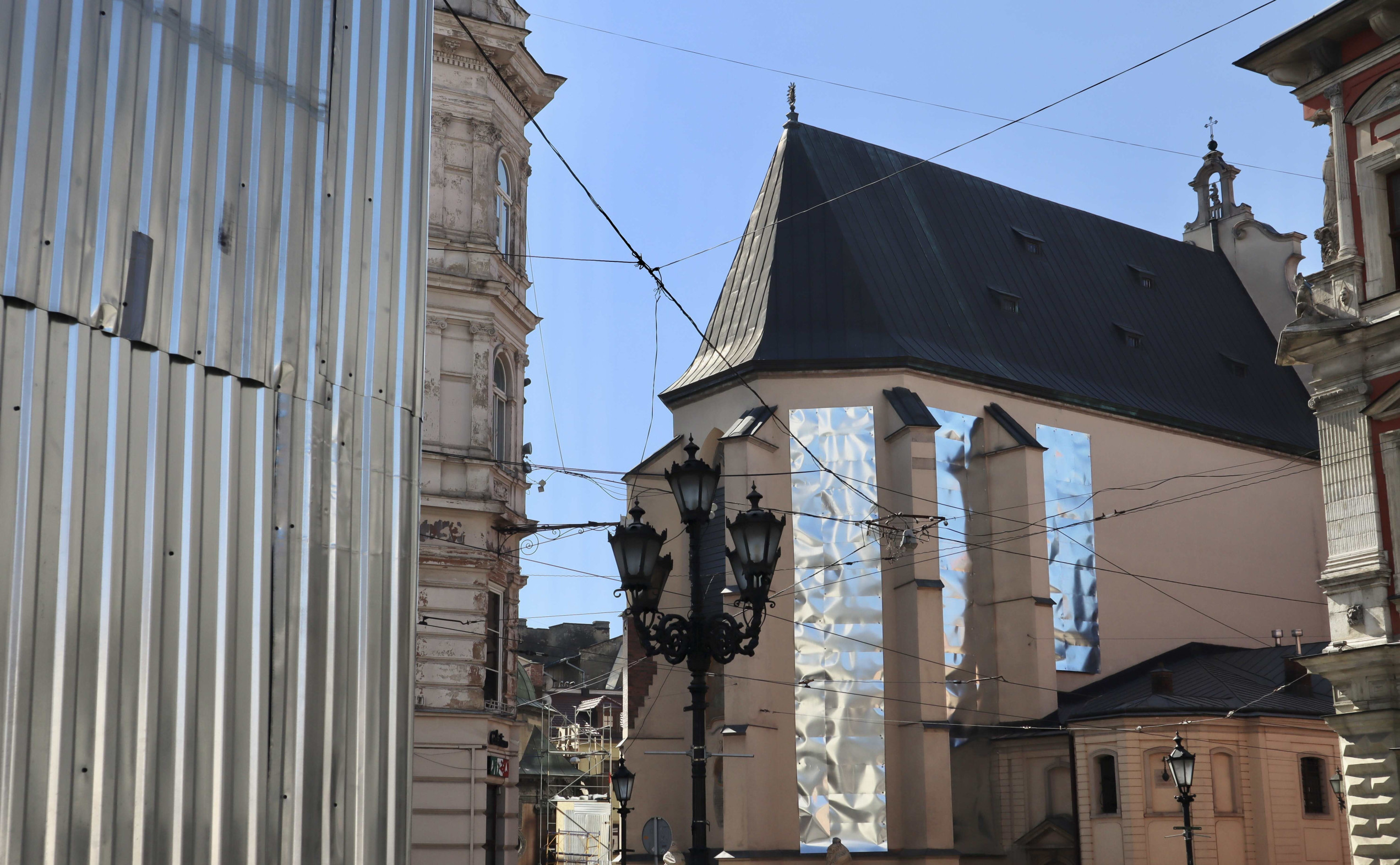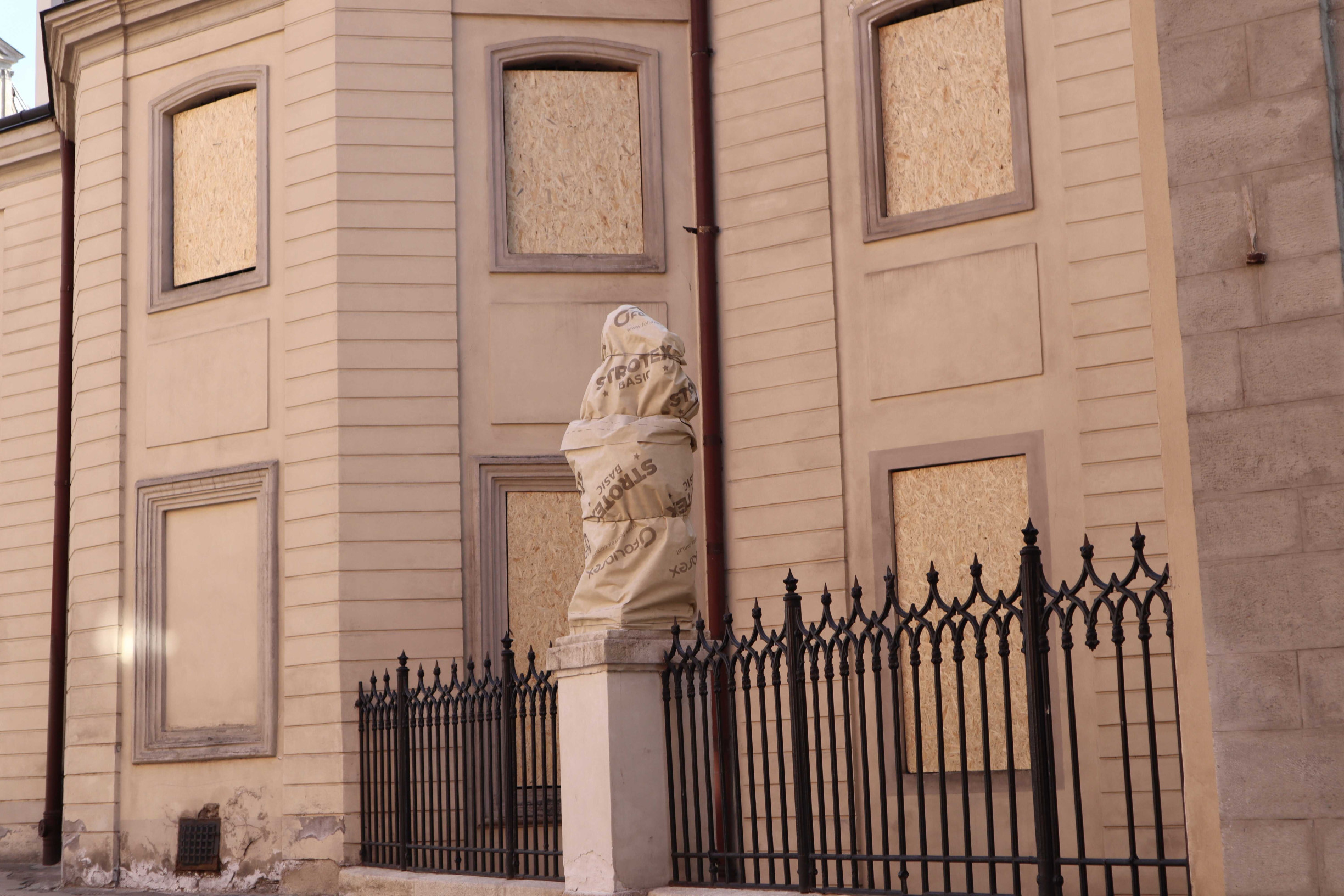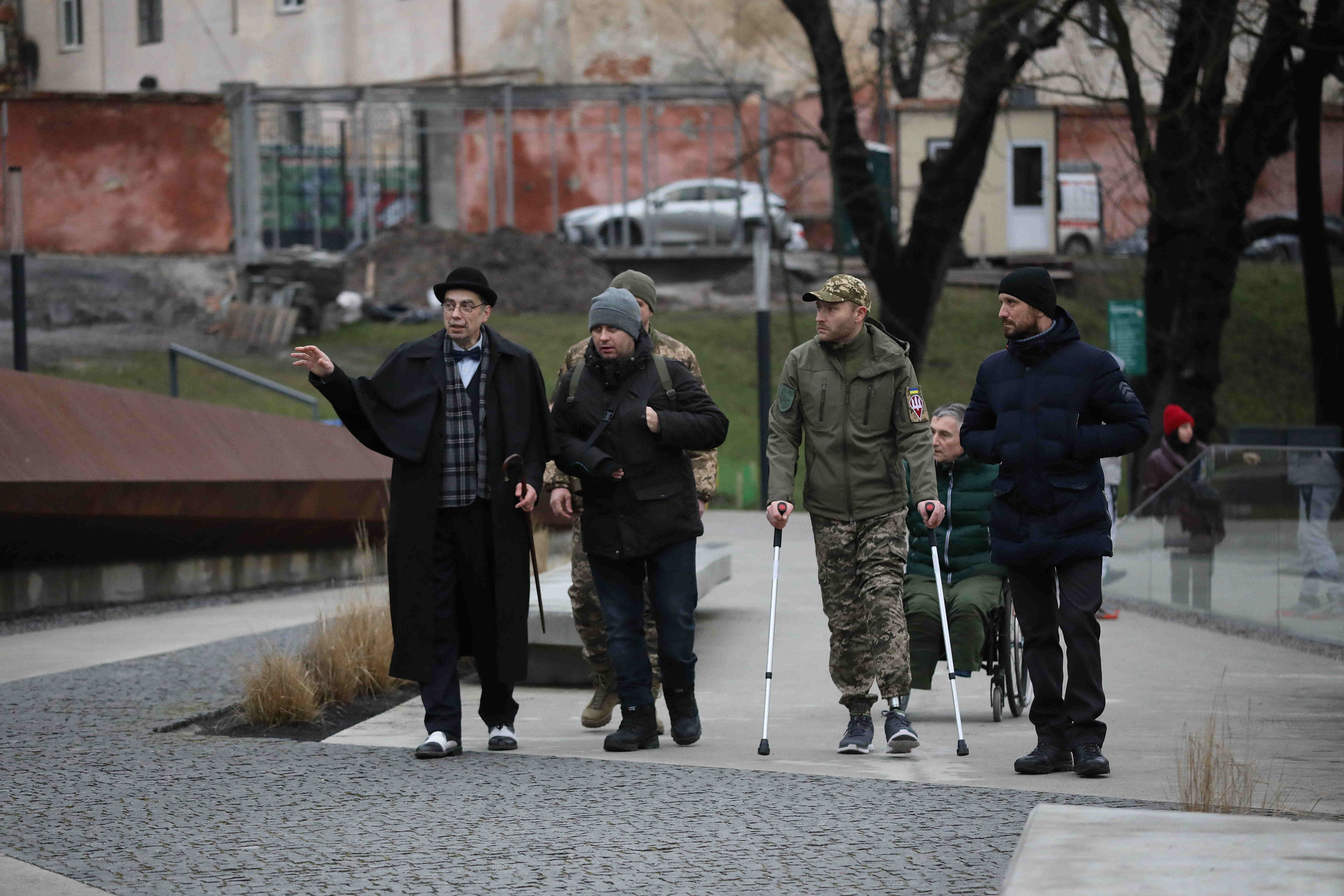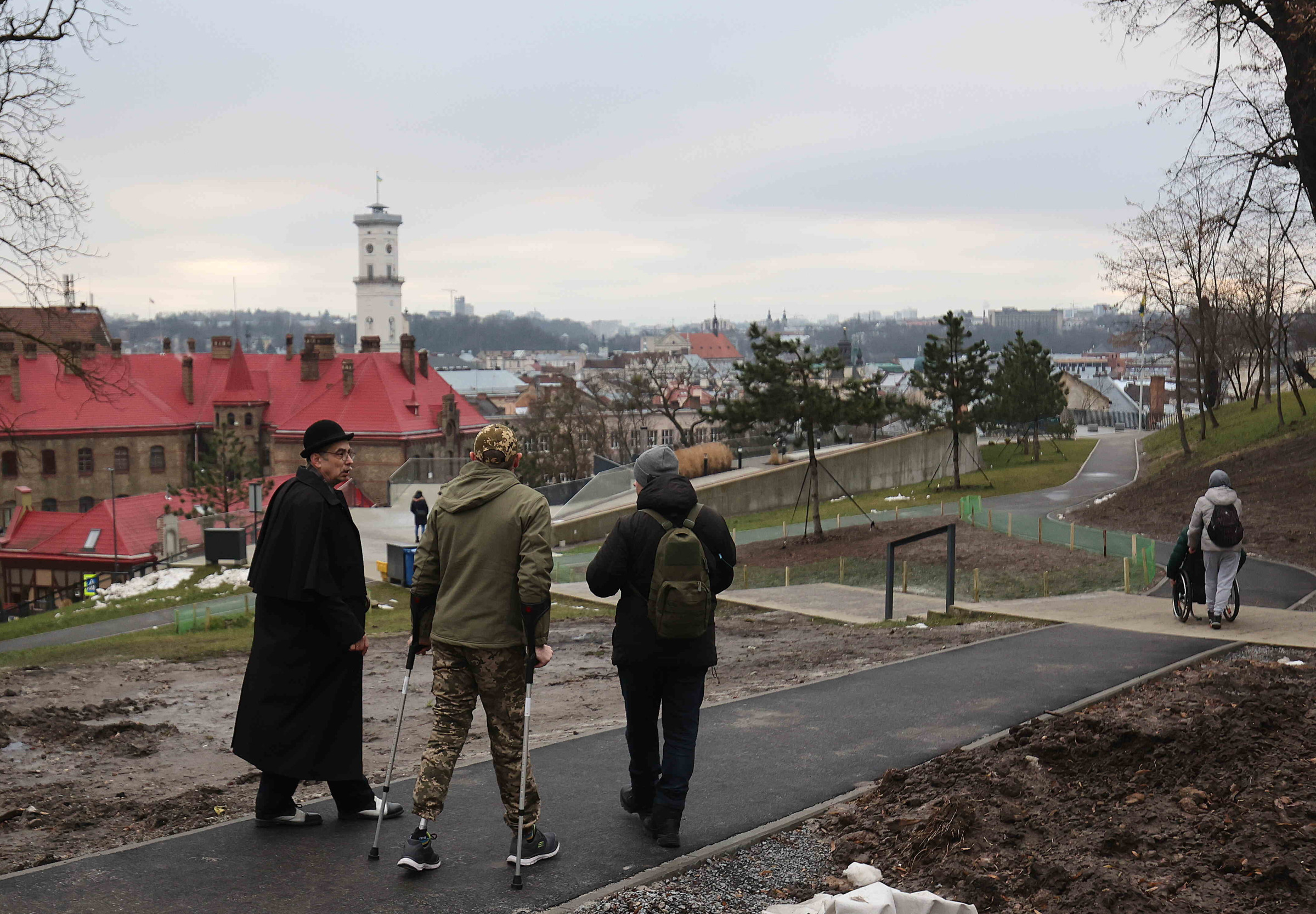50, 250, or 450 kilometers away from the front, but the war was felt in every populated area of Ukraine. Even cities far from the combat zone faced very unexpected requests, learned to live in new realities, and became multifunctional hubs. That's how it was in Lviv.
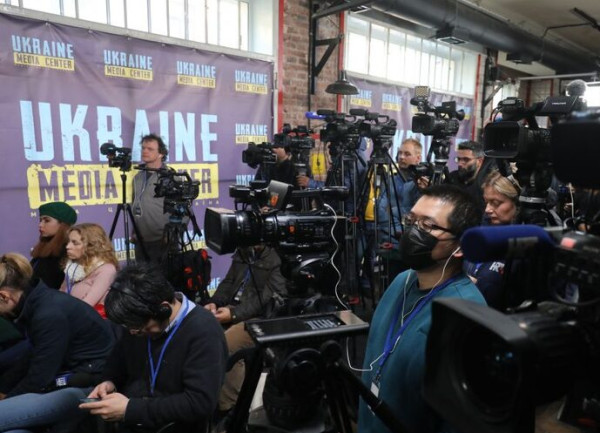
Information front
Even before the start of Russia's full-scale invasion of Ukraine, various action scenarios were being worked out in Lviv. One component of this was the creation of a platform for stable media work and providing journalists with everything they needed. In partnership with the Office of the President, the "Ukraine" Media Center began operating in the city. Here, journalists from different parts of the world could get information that interested them, attend briefings, or work. Among the partners of the Media Center were "Reporters Without Borders". This organization provided protection to journalists traveling to the combat zone with helmets, body armor, and so on.
In total, over 400 briefings took place at the Media Center, with around 3,500 media representatives from more than a thousand newsrooms registered and working there. "Deutsche Welle", "The Washington Post", "The New York Times", "BBC", and others wrote about Lviv in the conditions of war.

Lviv is home to many creative personalities and environments. Evidence of this is Lviv being awarded the status of European Youth Capital 2025. Throughout the year, despite the war, exhibitions were held in the city. Among others, even a unique exhibition of works by Maria Pryimachenko took place.
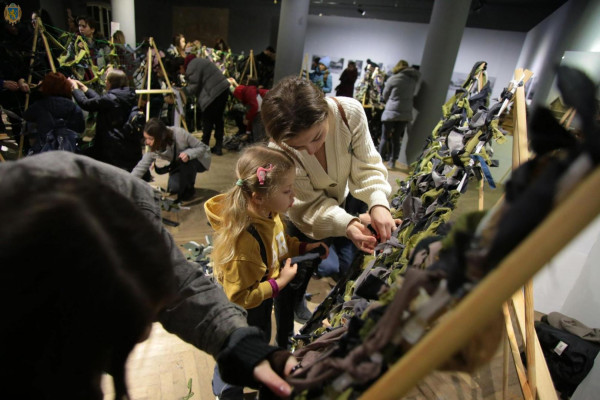
Volunteers
It's hard to think of something that Lviv volunteers haven't done or can't do. The volunteer movement in Lviv has been active since 2014, even since the events of the Revolution of Dignity. However, after the full-scale invasion, it became stronger, reached different spheres, and touched everyone. It's no wonder that Netflix is making a documentary film about Lviv volunteers.
Every Lviv resident, to the extent possible, engages in volunteering. In addition to donations to the Ukrainian Armed Forces, Lvivians actively participate in making camouflage nets for soldiers, contribute to the production of trench candles, and operate a volunteer kitchen in the city. There are several volunteer and humanitarian centers in Lviv, one of the largest of which is located at 17 Kopernyka Street.

Forced Lviv residents
After the start of the war, Lviv began accepting Ukrainians who were forced to leave their homes due to Russian aggression. With the support of the Polish government, modular settlements were arranged for the settlers in the city. They were equipped with everything necessary and comfortable conditions were created.
Cultural institutions of the city also supported the initiative and encouraged people to get to know the city. As part of the "Walks around Lviv" project, organized by the Lviv Tourist Office and supported by local guides, excursions were organized. There are many organizations in Lviv that help displaced persons, and the Center for the Support of Forced Displaced Persons operates at Kostya Levytskoho Street, 67.
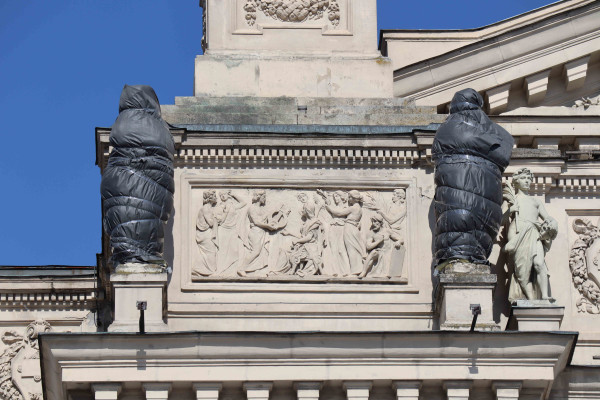
Lviv Monuments - UNESCO Heritage
Lviv has many museums with unique exhibits and the city itself is like an open-air museum. With the start of the hostilities in Ukraine, the question arose of preserving the heritage. Some museums do not function at all, while others are open but have hidden part of their exhibits. We also see protective structures on the streets near the most vulnerable and valuable monuments.
Nevertheless, the city continues to live. For example, in the summer of 2022, the restoration of the facade of the Church of Peter and Paul of the UGCC - the former of Saints Peter and Paul Garrison Church - was completed, returning its authentic appearance.
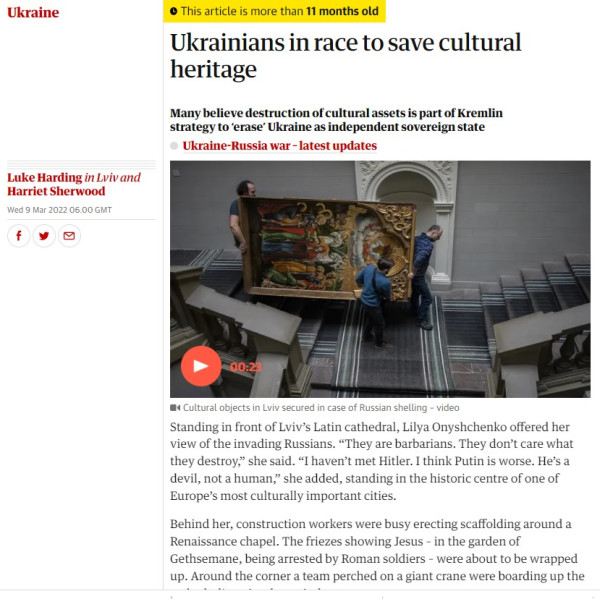
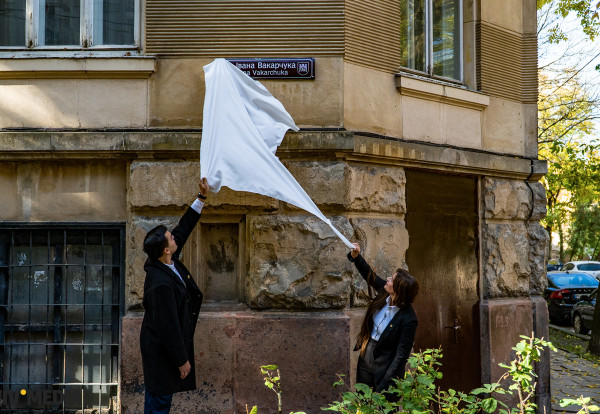
The face of the city
Lviv has joined the nationwide trend of de-Russification and de-communization. About forty streets, which previously had names of Russian and Soviet figures, have been renamed in honor of people who worked for the benefit of Ukraine or gave their lives for it. Lviv has now streets named after a physicist, Ukrainian minister of education Ivan Vakarchuk, composer Myroslav Skoryk, and defenders of Ukraine Yuri Ruf and Taras Bobanych.
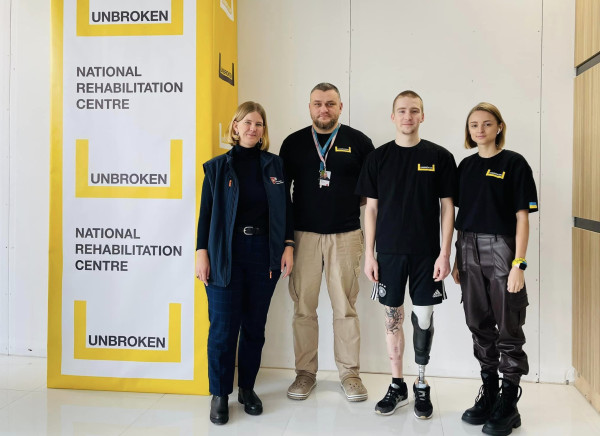
Restoration and Care
Lviv is unbroken. War leaves terrible scars on the faces of Ukrainian cities, but also on the bodies and souls of citizens - both civilians and military. In Lviv, under the patronage of the Ministry of Health of Ukraine and based on the First Territorial Medical Association, the Unbroken Rehabilitation Center was opened. Adults and children can receive comprehensive medical care here. Surgery, orthopedics, prosthetics - the center provides various services. Military and civilians can undergo physical and psychosocial rehabilitation here.
For military personnel undergoing treatment and rehabilitation in Lviv, the Lviv Tourist Office has launched another project called "Lviv - the City, that heals". Defenders have the opportunity to learn more about the city from the words of professional and experienced guides.
In difficult times of martial law, scheduled and emergency power outages, and the threat of missile attacks, the city does not forget any of its residents. Lviv has set up "Unbreakable Points" where people can warm up, charge their phones, access the internet, and more.
This year has been very challenging. It forced us to forget carefree life and mobilize all resources for Victory. At the same time, it helped us discover new strengths and better understand our country and its citizens.
